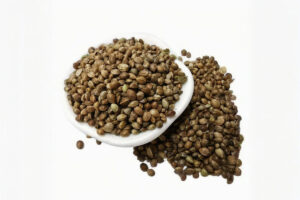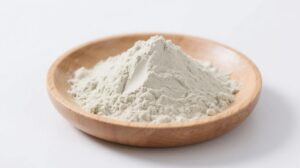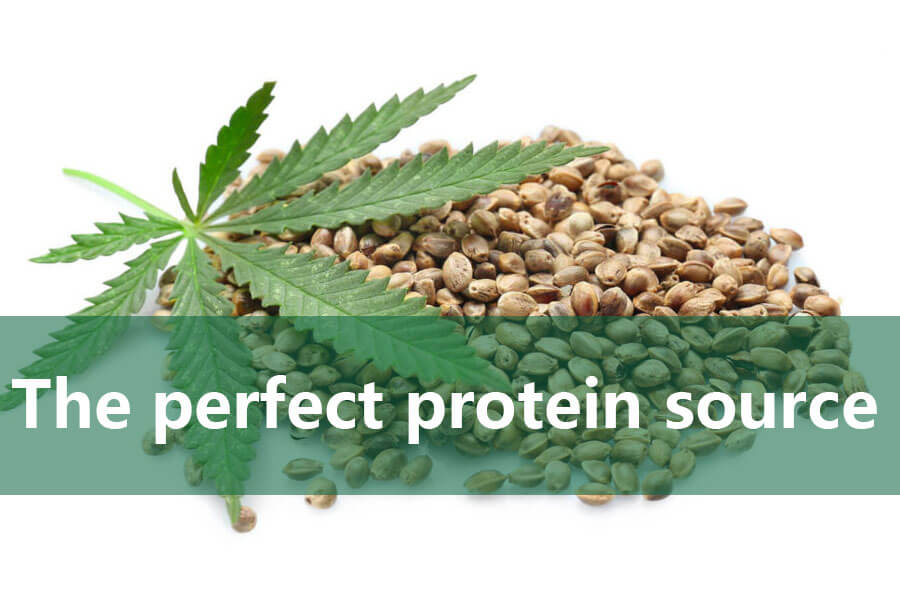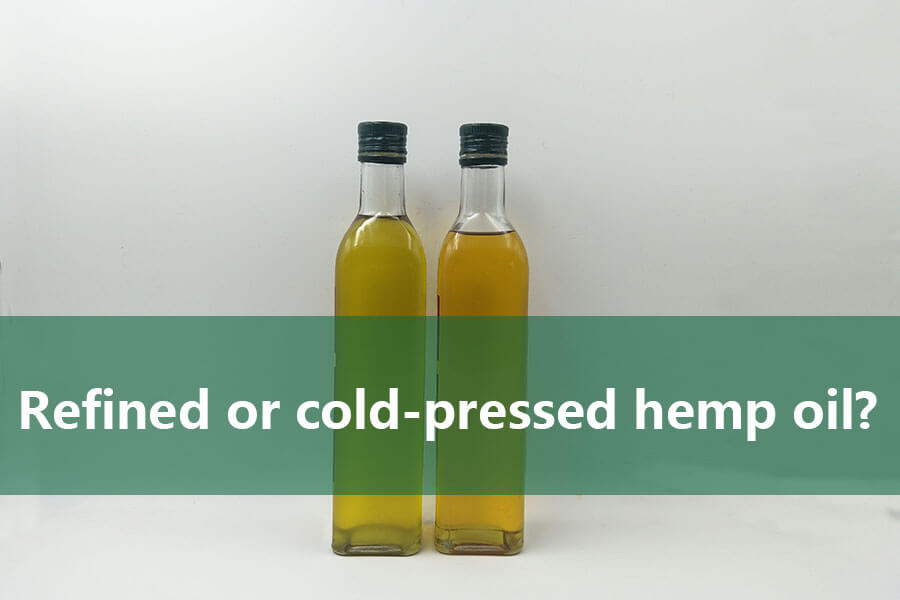Plant-based protein powders have become essential in modern nutrition, not only for athletes and fitness enthusiasts but also for health-conscious consumers seeking sustainable and allergen-free alternatives to animal protein. Among the most popular choices are organic hemp protein powder and pea protein—two natural, plant-based sources that stand out for their excellent nutritional value and eco-friendly profiles.
But when it comes to choosing between them, which one is better for you? Let’s take a closer look at how these two proteins compare in terms of nutrition, digestibility, functionality, and sustainability.
1. Nutritional Profile: Complete vs. Complementary Protein
Organic Hemp Protein Powder:
Derived from cold-pressed organic hemp seeds, hemp protein offers a complete amino acid profile, meaning it contains all nine essential amino acids that the human body cannot produce. Though the total protein content (about 50–60%) is slightly lower than pea protein, it provides a more balanced nutritional composition that includes healthy fats, fiber, and minerals.
Hemp protein also contains edestin and albumin, two highly digestible proteins that support immune function and muscle repair. Additionally, it provides omega-3 and omega-6 fatty acids in a nearly perfect 3:1 ratio—something most other plant proteins lack.
Pea Protein:
Pea protein isolate, usually derived from yellow peas, contains around 80–85% protein, making it a high-protein-density source. However, pea protein is not a complete protein on its own—it lacks sufficient amounts of the amino acid methionine. To achieve a balanced amino acid profile, it is often combined with rice or hemp protein in formulations.
Verdict:
If you want a more nutritionally diverse protein with healthy fats and fiber, hemp protein wins. For maximum protein concentration, pea protein takes the lead.
2. Digestibility and Absorption
Hemp Protein:
Hemp protein is known for its superior digestibility due to its natural fiber content and easy-to-digest edestin protein structure. It is gentle on the digestive system and rarely causes bloating or discomfort—common issues with many protein powders.
Pea Protein:
Pea protein is also considered highly digestible but may cause mild bloating or gas in some individuals due to its higher oligosaccharide content. However, it remains a good choice for people with soy or dairy allergies.
Verdict:
Both are easily digestible, but hemp protein tends to be better tolerated for sensitive stomachs.
3. Fiber and Healthy Fat Content
Hemp Protein:
Hemp protein provides 8–10 grams of fiber per serving, which helps promote satiety, digestive health, and stable blood sugar levels. It’s also naturally rich in omega fatty acids and gamma-linolenic acid (GLA)—a rare anti-inflammatory compound beneficial for skin and hormone health.
Pea Protein:
Pea protein has minimal fiber and fat, focusing primarily on pure protein delivery. While this is beneficial for those seeking lean protein with low fat content, it lacks the nutritional diversity of hemp.
Verdict:
For balanced nutrition and digestive support, hemp protein is the more holistic choice.
4. Taste and Texture
Hemp Protein:
Hemp protein has a natural, earthy, nutty flavor, which blends well with smoothies, oatmeal, and baking recipes. However, its slightly gritty texture may not appeal to everyone in plain shakes.
Pea Protein:
Pea protein has a mild, neutral taste and smooth texture, making it easy to use in shakes and functional foods where taste and mouthfeel matter.
Verdict:
If flavor neutrality and smoothness are priorities, pea protein wins; for natural, wholesome taste, hemp protein shines.
5. Allergen-Free and Sustainable Protein
Both hemp and pea proteins are non-GMO, gluten-free, and dairy-free, making them ideal for people with food sensitivities.
However, in terms of sustainability, hemp protein is the clear winner. Hemp plants grow rapidly without the need for pesticides or synthetic fertilizers, require little water, and improve soil quality through nitrogen fixation.
While pea protein is also eco-friendly, hemp’s ability to absorb more CO₂ and regenerate soil health makes it one of the most sustainable crops in the world.
Verdict:
Both are eco-conscious, but organic hemp protein leads in environmental benefits.
6. Functional Applications for Manufacturers
For food and supplement manufacturers, both hemp and pea proteins are excellent formulation ingredients for:
- Plant-based protein powders and shakes
- Nutrition bars and meal replacements
- Vegan bakery and snack products
However, organic hemp protein offers additional marketing value due to its “superfood” image, omega fatty acids, and fiber benefits—appealing strongly to clean-label and wellness-oriented consumers.
Pea protein, on the other hand, remains popular for high-protein formulations where smooth texture and mild taste are key priorities.
When comparing organic hemp protein powder vs. pea protein, the right choice depends on your nutritional goals and product needs.
- Choose Organic Hemp Protein Powder if you want:
- A complete protein with omega fats and fiber
- Better digestibility and gut support
- Sustainability and clean-label appeal
- Choose Pea Protein if you need:
- High protein concentration
- Mild taste and smooth texture
- Simple formulation versatility
For consumers and brands aiming for balanced nutrition, digestive comfort, and environmental responsibility, organic hemp seed protein powder emerges as the superior all-around plant protein—a perfect foundation for the next generation of vegan nutrition.
Related Products
Organic Hemp Seeds
Organic hemp seeds offer complete nutrition with optimal protein, fatty acids, and fiber content. Versatile…
Organic Hemp Seed Protein Powder
Available in 70%, 75%, 80% protein levels and customized. All specifications support both conventional and…




